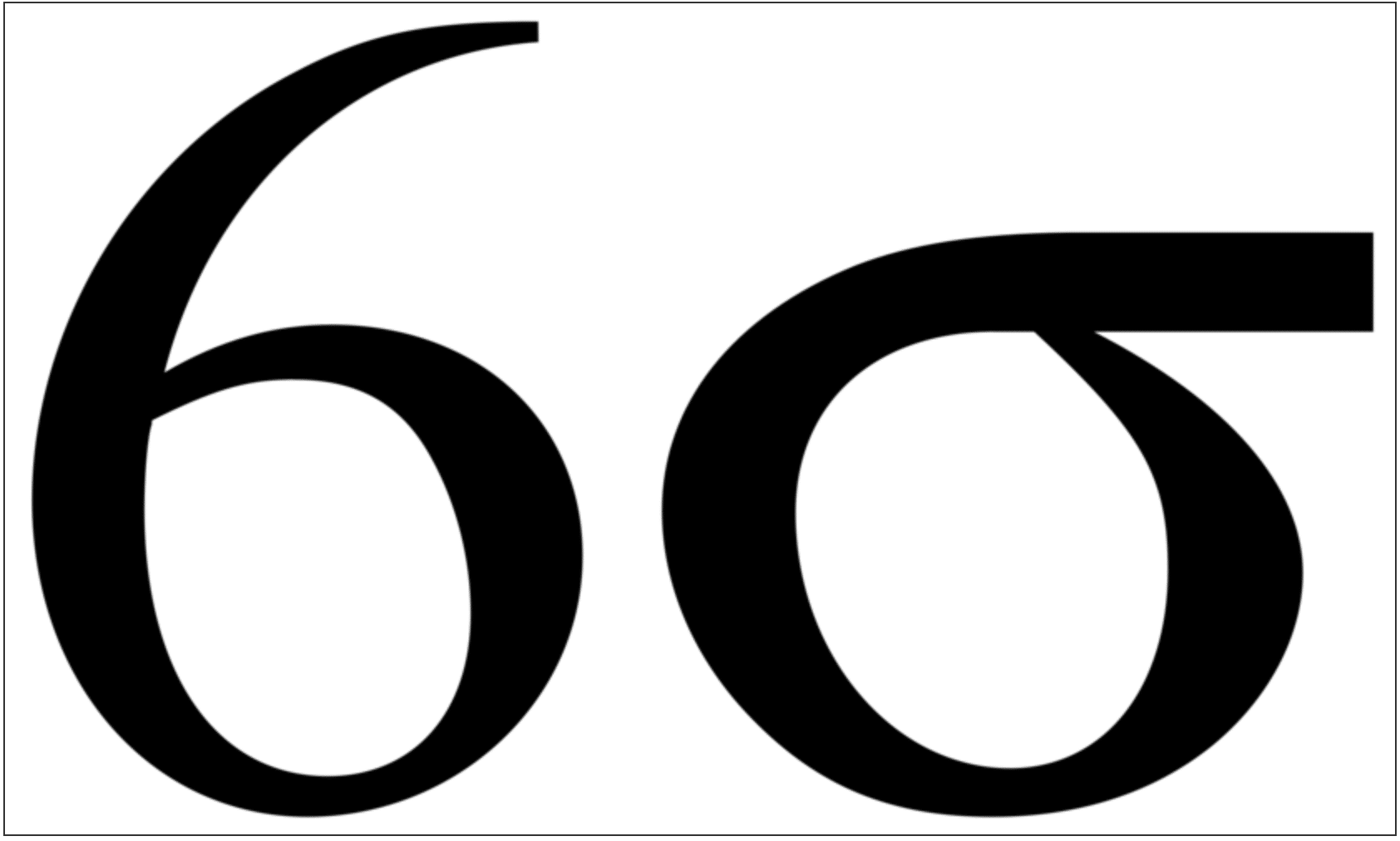Recently, KPSG hosted a Kaizen Event focused on our foam walk-in manufacturing processes using Six Sigma strategies. Promoting open lines of communication among all employment levels and the continuous improvement of working practices and personal efficiency, this event brought our manufacturing teams together to discuss foam consistency. Our Foam-Kaizen was a phenomenal success. An assessment was conducted to ensure full implementation of Sigma Six-Kaizen philosophies at each plant, allowing the event team to evaluate product consistency across all manufacturing locations.
What is Six Sigma?
Six Sigma is a customer-focused change strategy using a systematic approach that applies measurable metrics in manufacturing, service, financial processes and more. Their strategy allows organizations to enhance and achieve stable processes, improve performance, and increase customer satisfaction. By quantifying and measuring the financial returns of any project, businesses can clearly define each team member’s role and responsibility for improving the overall manufacturing processes of the organization.
Organizations committed to the Six Sigma doctrine determine which projects will align best with business goals, then those endeavors are executed following the disciplined Six Sigma process defined by five distinct phases:
- Define: Identify the problem and goals the company needs to research.
- Measure: Existing processes are measured to establish a baseline for improvement.
- Analyze: Existing processes are analyzed to identify root causes of system defects.
- Improve: Optimal solutions are sought, developed and tested.
- Control: Operating instructions, policies or procedures are systemically and continuously monitored, then modified as needed to prevent process degradation and future defects.
The key goal is to sustain quality improvement and ensure minimum defects in manufacturing processes. Organizations that adopt the Six Sigma technique can achieve the ultimate goal of 3.4 defects per million opportunities. In fact, in 1998, GE reported $350 million in savings, and a few short years later, attributed another $1 billion in savings to the Six Sigma process. Similarly, in 2005, Motorola credited $17 billion in savings to Six Sigma methods.
What is a Kaizen Event?
Derived from a Japanese philosophy focusing on continual improvement throughout all aspects of life, Kaizen activities applied to the workplace can improve every operation within an organization, including manufacturing processes, marketing strategies, and even top-level management functions. Kaizen prompts each member of an organization to think about their work in a new way—NOW: the present condition; NEXT: the desired state; NEW: how to reach that state.
Going beyond simple productivity improvement, Kaizen can be integrated into a business’ overall Six Sigma efforts to educate their teams to spot and jettison waste in business processes, eliminate overly hard work, and humanize the workplace. Kaizen activities are an on-going cycle generating small improvements in quality, cost, delivery, management, and safety. These improvements occur as a result of coordinated continuous efforts by all employees that follow the seven Kaizen phases:
- Identify: Opportunity
- Analyze: Process
- Develop: Optimal solution
- Implement: Solution
- Study: Results
- Standardize: Solution
- Plan: Future
A Kaizen Event provides the ideal venue to assemble managers and process stakeholders together to assess existing processes and identify opportunities for improvements. These events prompt participants to seek and provide valuable, knowledgeable input, to question and challenge current practices and standards that may be outdated or problematic, to encourage innovative solutions rather than feckless excuses, and imparts the tenacity to implement and execute solutions to resolve issues immediately, regardless of whether a solution will only cover 50% of the target goal. After all, any improvement, whole or partial, can impact and improve processes, productivity and quality.
KPS Global Implements Six Sigma and Kaizen Philosophies
KPS Global is the industry-leading manufacturer of highly adaptable insulated panel systems, walk-in coolers and freezers, supplier of aftermarket parts and replacement equipment and provider of seamless installation services. To provide the highest quality products on the market, KPSG has integrated the Kaizen-Six Sigma dogma duo into our business philosophy. Differentiating us from others in the industry, KPSG is a rigorous follower of Six-Sigma principles that, combined with our diverse cross-manufacturing presence and periodical Kaizen Events, allow us to establish process control standards to achieve process integrity and quality management. Further, these principles are the cornerstone of employee training and continuous education, ensuring workplace mindsets are on par with KPSG’s goals for high quality, efficient manufacturing standards. We strive to improve processes and output that result in operational savings that can be passed down to our clients.
The KPS Global Difference
At KPSG, we are actively engaged in analyzing and improving our manufacturing processes to bring our customers the latest in insulated panel and cold storage innovation. It’s one of the things that sets us apart from the rest. Our commitment to Six Sigma and Kaizen philosophies help to provide us the edge we need to produce high-quality, superior products that meet and exceed the demanding cold storage needs of high-volume convenience stores, grocery stores, foodservice, and big box retailers, as well as customized protection for scientific, warehouse and industrial enclosures.
To learn more about KPS Global, visit our website today.



